Why US Supreme Court Ruling Could Trigger Mass Deportation
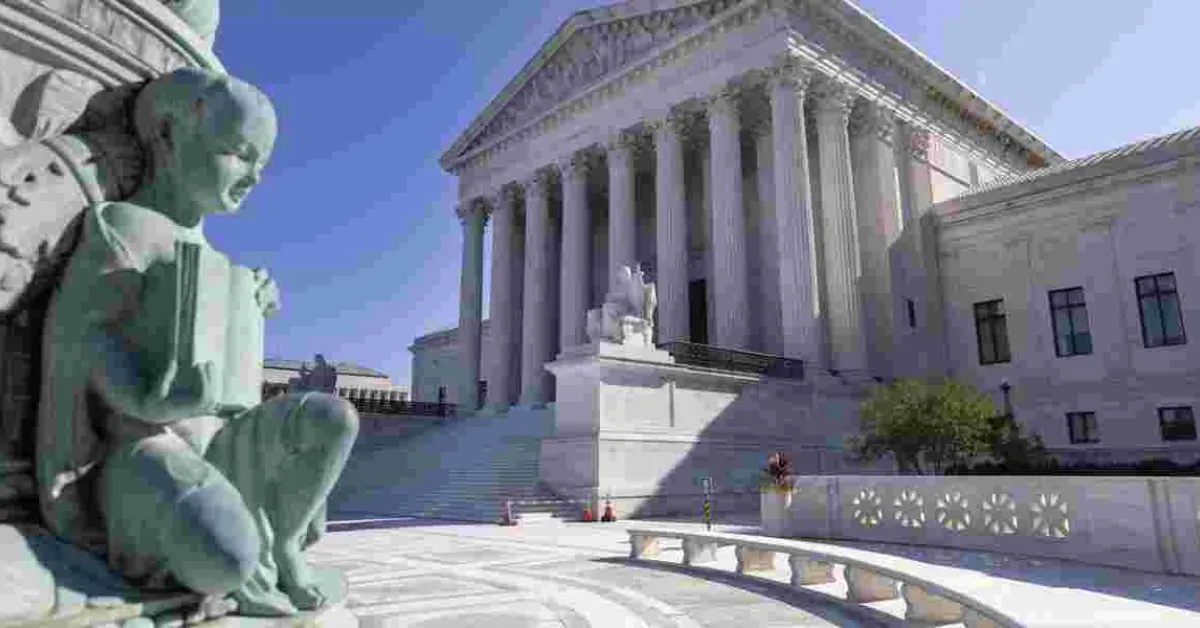
The US Supreme Court has unanimously affirmed the power of federal agencies to revoke visas in cases involving fraudulent marriages.
This decision, which may shape future deportation policies amidst the incoming Trump administration, reinforces the discretionary authority granted to the US Citizenship and Immigration Services (USCIS) under federal immigration law. The case in question involves an American citizen who applied for a visa for her Palestinian husband.
While the visa was initially approved, USCIS revoked it two years later, citing evidence that the husband had entered into a previous marriage to circumvent immigration regulations. Although the couple denied these claims, their legal challenges were dismissed by a federal district court and subsequently upheld by the Eleventh Circuit Court of Appeals, prompting an appeal to the Supreme Court.
Justice Ketanji Brown Jackson, who delivered the opinion for the Court, highlights the expansive discretion afforded to the Secretary of Homeland Security under Section 1155 of the Immigration and Nationality Act. The ruling indicates that the Secretary "may" revoke a visa petition "at any time" for "good and sufficient cause," without the need for explicit criteria or conditions that would restrict this authority.
This Supreme Court decision follows a recent Ninth Circuit Court of Appeals ruling, which affirmed the federal government's right to deport undocumented immigrants regardless of local opposition. In addition, the Supreme Court had ruled earlier in June in favour of federal deportation policies in three consolidated cases thus reinforcing a strong approach to immigration enforcement.
These lawsuits involved individuals classified as "inadmissible" who had failed to appear for their immigration court hearings. Contesting that they had not received proper notification, these plaintiffs challenged their removal orders based on procedural grounds. However, in a 5-4 decision, the Supreme Court upheld the legality of these deportation orders.
The implications of these rulings are substantial, particularly as they pertain to the Biden administration's immigration policies, which are currently being scrutinized. The sweeping nature of these decisions could affect approximately 200,000 deportation cases that were previously dismissed due to procedural issues within the Department of Homeland Security.
With the Trump administration poised to introduce stricter immigration measures, these legal precedents will likely play a crucial role in shaping the direction of US immigration policy.


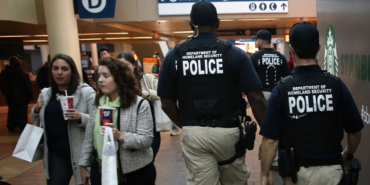

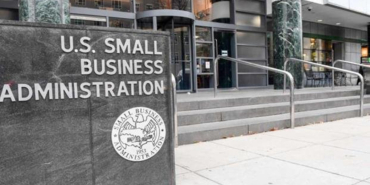
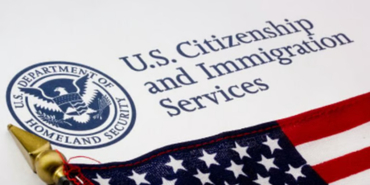

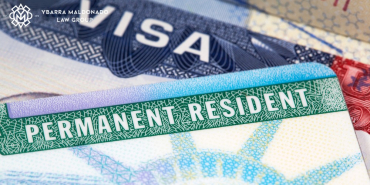

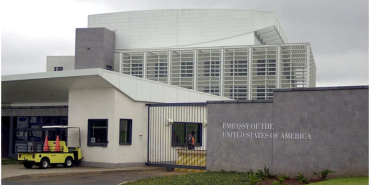




Add new comment